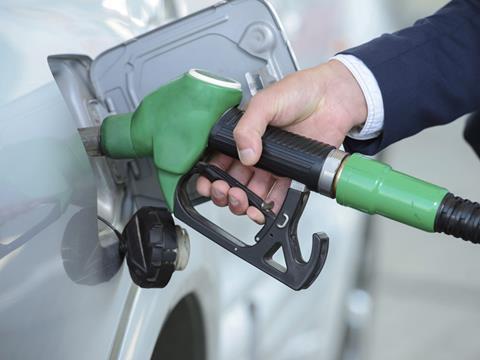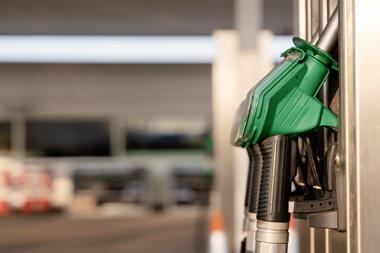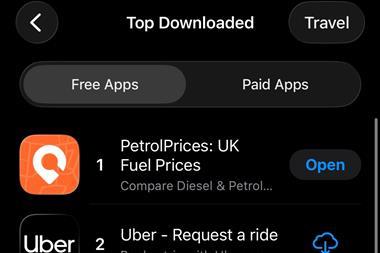
The RAC has joined the chorus of campaigners urging the Government not to raise fuel duty in this week’s Budget.
RAC fuel spokesman Simon Williams said: “We strongly urge the Prime Minister and Chancellor not to raise fuel duty as it would be a body blow to the millions of hard-working people who depend on their cars. RAC data shows a clear link between inflation and fuel prices so we fear putting further stress on already-squeezed household budgets by forcing them to spend even more on petrol and diesel would be disastrous.
“So many of us have little choice but to drive, it seems mad to punish people for getting to work, doing the weekly shop or visiting and caring for family members.”
Last week PRA executive director Gordon Balmer called for the Chancellor Jeremy Hunt to maintain the 5ppl fuel duty cut that was introduced in March.
In a letter to the Chancellor, Balmer said: “Skyrocketing energy prices have had a devastating impact on household finances. When every penny counts, it is crucial that the 5ppl fuel duty cut introduced in March is maintained. For families struggling with the cost-of-living crisis that 5ppl will make a huge difference.
“I have also asked the Chancellor to follow the example of his predecessors and freeze fuel duty. Failure to do so will unduly burden those that are already struggling.”
Meanwhile, business group Logistics UK is pushing for a dynamic mechanism to hold tax revenues flat, involving a cut in fuel duty while prices rise, which would provide logistics businesses with financial stability and prevent additional inflationary pressure on the economy.
David Wells OBE, the organisation’s chief executive, said the Budget provides an opportunity for the Chancellor to ease uncertainty for the businesses which are responsible for moving all the goods which the country needs. “A dynamic taxation model, which reduces fuel duty while maintaining revenue levels through VAT and other sources, would ensure government keeps control of the public purse, while businesses are able to plan for the future more efficiently.”
Writing to Chancellor Jeremy Hunt, Wells has highlighted the financial challenges for an industry which currently relies on fossil fuels: “Long-term planning certainty will be critical to ensuring cost-effective investment for our sector, to ensure our member businesses can undertake the correct equipment renewal cycle without excessive financial penalties. New vehicles do not come cheap, and the alternative fuels they require need to be cost efficient as well as widely available.
“Incentivisation of the transition to zero carbon is critical, with many member businesses currently facing excessive costs – sometimes of over £1 million to install charging infrastructure on site. And with alternative fuels coming at a premium, logistics operators need to be certain that the fuels they choose will be future proofed and widely available across the country.”
Wells also pressed the Chancellor to identify ways in which logistics operators can be included in the government’s discussions on energy supply, in the face of potential shortages during the winter and beyond:
“Logistics is a key supporter of all the Designated Services in the government’s Electricity Supply Emergency Code, which looks to mitigate any potential disruption caused by power outages, and yet our members have yet to be included in discussions on energy supply. Logistics businesses are the backbone of the UK’s economy, and need to keep the lights on and goods moving throughout the winter and beyond – it is imperative that our industry is considered as a priority when government makes contingency plans for potential energy supply disruption.”

































No comments yet